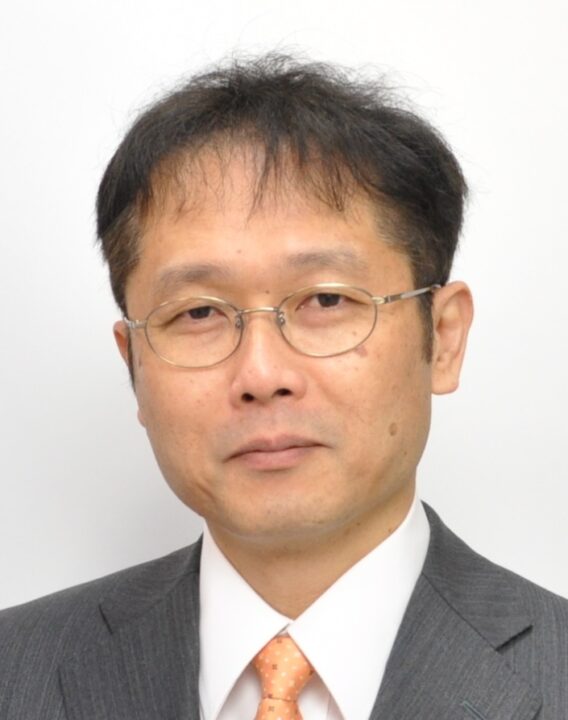Future Society Studio's vision for the future.
In an ageing Japan, the Nagoya University COI, as a “hub for ‘mobility’ innovation that connects people”, has a vision of building a “mobility society that energises the elderly”, where all people can be active members of society without regional or individual differences, and where the elderly can move anywhere of their own volition. The vision is to create a “mobility society that energises the elderly”, where the elderly can travel anywhere and anytime of their own volition, with the aim of realising a society where all people can play an active role in society without regional or individual differences, and is promoting research and development to create innovative innovations through industry-academia-government-private sector collaboration.
Nagoya University COI received the highest rating of S+ in the second interim evaluation (2017-2019). First of all, we would like to thank all those who have participated and cooperated in this industry-academia-government-private partnership project.
The COI aims to form a centre that continuously creates innovation through vision-driven research and development with a vision of the kind of society we should be aiming for in ten years’ time, and is not limited to conducting good research and writing good papers. This is a project that uses the COI as a place of good practice to link to social implementation together with the public and private sectors to change people and society. For this reason, from FY 2017 to FY 2019, the project has been promoted with the two pillars of ‘social implementation’ and ‘centre formation’ for the realisation of the vision, always reaffirming the original aims of the project.
With regard to social implementation, the commercialisation and commercialisation of products led by companies and the reflection of such products in government administration led by local authorities are taking shape. The cooperation of local communities and residents in working together to realise the social vision that we aim for in the demonstration field has been a powerful driving force.
The formation of centres is being materialised at the initiative of the university as a reorganisation of the Future Society Creation Organisation, which was established as a cross-disciplinary and cross-departmental organisation on the occasion of the adoption of the COI. It is being strengthened based on the issues of utilising the industry-academia-government-private sector collaboration know-how developed through the COI, building new academic disciplines and developing human resources.
On the other hand, neither social implementation nor the formation of centres is easy, and we are halfway there. Various challenges are still to be met. We will do our best to deal with the challenges to realise the project with spirit and determination.
In the next three years, we will first set goals for the project. We will organise the project from two perspectives: ‘Finish the Nagoya University COI Project’ and ‘Connect the results of the Nagoya University COI Project (research and development and mechanisms) to the next stage’. We will organise the project from two perspectives. The most important thing is to finish the project and realise the vision, so that the elderly people can be truly happy and smile. In addition, the results of the project will be passed on to the system after the COI ends, so that not only the participating institutions in this project, but also many more companies, local authorities and other universities will come to Nagoya University to “create innovation together at Nagoya University”. We would like to make Nagoya University an attractive research base where many more companies, municipalities and other universities can come and say, “We would love to create innovations with Nagoya University”.
We look forward to your continued support and cooperation.

- National University Corporation Tokai National University Institution Nagoya University
Director, Future Society Creation Institute - Akihiro Sasoh
